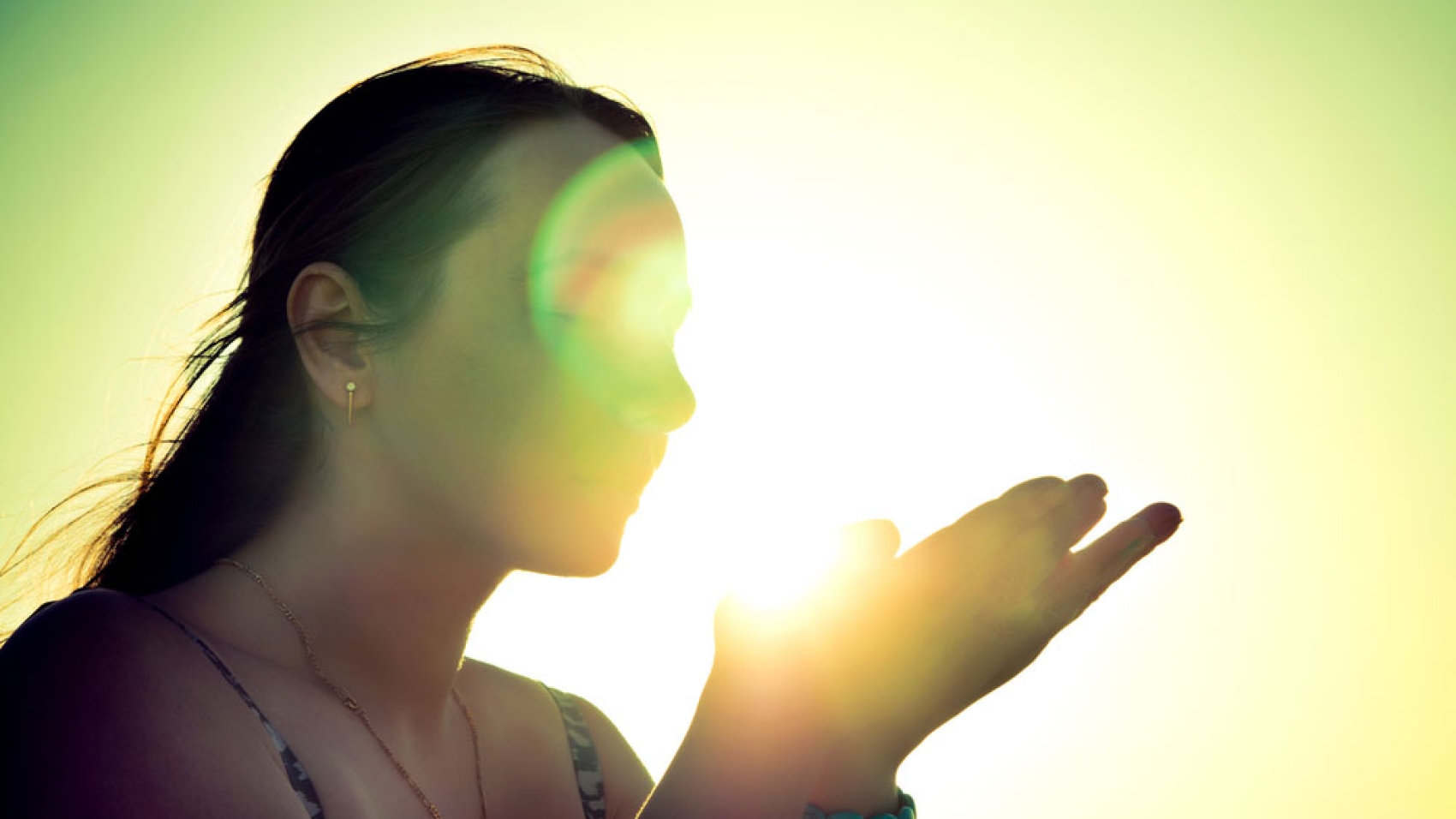Unfriending Over Politics
Has this happened to you? You’ve been friends with Lindsay for years. She’s part of your spiritual community. You’ve laughed together, enjoyed meals together, and have the same taste in movies. Then politics entered the picture: she voted for the other guy, the one you believe is a serious threat to everything you hold dear. How could she do that?
At first, you listen to her arguments, but they don’t make sense to you. And is she really hearing what you have to say? Finally you agree not to discuss politics, but where does that leave your friendship? On a perilous footing, since now you have to watch everything you say. The open communication you believe is a vital part of a real friendship has narrowed considerably.
What do you do?
As a spiritual teacher, I’ve encountered this dilemma many times recently with my students. I’ve heard stories of siblings who aren’t talking to each other, families who can’t sit down to a meal together, about long-time friends who no longer speak to each other. They wonder if their friendship can survive a four-year hold. They are upset by friends or relatives posting political “news” on social media and can’t decide whether or not to “unfriend” these people.
I understand their problem. As an ardent advocate for women facing aggression and abuse, I posted a blog on HuffPo when I saw Trump stalking Hillary around the town hall stage during the presidential campaign debate. I lost over 4,000 followers in less than hour after the blog posted. You could say I was heavily “unfriended” for my position.
My students ask me how to approach the divisive politics we are experiencing full blast these days in relation to their spiritual beliefs. Should they turn the other cheek? Should they love the sinner, but not the sin? Can they find it in their heart to still hold the friendship dear, while rejecting what this person believes are the facts?
What is friendship? It’s a relationship that is based on mutual understanding, common interests, honesty, and trust. Even though you and Lindsay may come from similar backgrounds, even though you sat together at concerts and ate together afterwards, even though you feel she would most probably come to your aid if you should need it and you would do the same for her, there’s no longer a deep level of trust between you. And if you and Lindsay don’t understand each other, and you can no longer express your true feelings without fearing her judgment, where does that leave your friendship? Do you stop talking to each other? Do you have compassion for her beliefs, misguided though you think they might be, but don’t want to engage with her any more?
As you travel the spiritual path, trying your best to keep your heart open and not be stuck in your ego, you will undoubtedly encounter many obstacles, tests of your desire to be a more compassionate person. One of those tests is how your relationships may suffer as you pursue the awakening of consciousness.
Think of how many friends you have left behind over the years. When you went off to college, you lost contact with childhood friends. When you stopped drinking, your “drinking buddies” got left behind (mine certainly did). When you got divorced, the couples you knew when you were a couple stopped inviting you to social gatherings; you were now a threat to their relationships. When you said you would rather go on a meditation retreat than spend the weekend skiing, you lost those friends who couldn’t understand why you’d ever want to spend your time sitting in silence and doing some ridiculous mantra.
As I’ve experienced with my husband’s European family, friendships there tend to be more solid than they are here. They may have fewer friends, but they tend to have life-long friendships. The thousands of “friends” one gathers on social media and online chat rooms aren’t considered official friendships. And being someone’s “best friend” is thought of as an honor and a privilege. They forgive each other’s mistakes and loyalty is highly valued.
Part of the reason that European friendships are more enduring is that they aren’t as mobile a culture as we are here in America, and childhood friendships have the chance to grow as you age. I had an interesting experience at my mother’s funeral, held in the same small town I grew up in. I was approached by three women my age whom I didn’t recognize until they told me their names; they were all friends of mine from our days in grammar school!
Our friendships usually revolve around common interests. When I rode horses, my friends were part of the horse community. The same for mountain climbing and skiing. The friendships ended when I stopped engaging in those pursuits.
But back to the question of political divergence. Should you “unfriend” a friend who you think has gone sideways and is diametrically opposed to what you believe is common sense and compassion?
What I tell my students is to wait a little longer; hold back the impulse to cut the friendship off. Maybe Lindsay will finally “see the light” as you do. Maybe you will listen deeply and be able to hear her side, and politely agree to disagree. Maybe the political situation will devolve into something both of you can actually agree upon.
In the meantime, keep your heart as open as possible and stand in your own truth. Take action that resonates with your beliefs. If you get teary-eyed seeing pictures of refugees, find out what you can do to alleviate their suffering. If you are aghast at what may happen to gays, Muslims, Mexicans, or any people who are marginalized in some way, support them with your time or money or friendship.
And as the old song goes, “make new friends” with people who stand with you, “but keep the old.” If possible. If your friendship with Lindsay can’t stand the test of you doing what you feel is right, so be it. But remember what Martin Luther King, Jr. said: “Love is the only force capable of transforming an enemy into a friend.”




